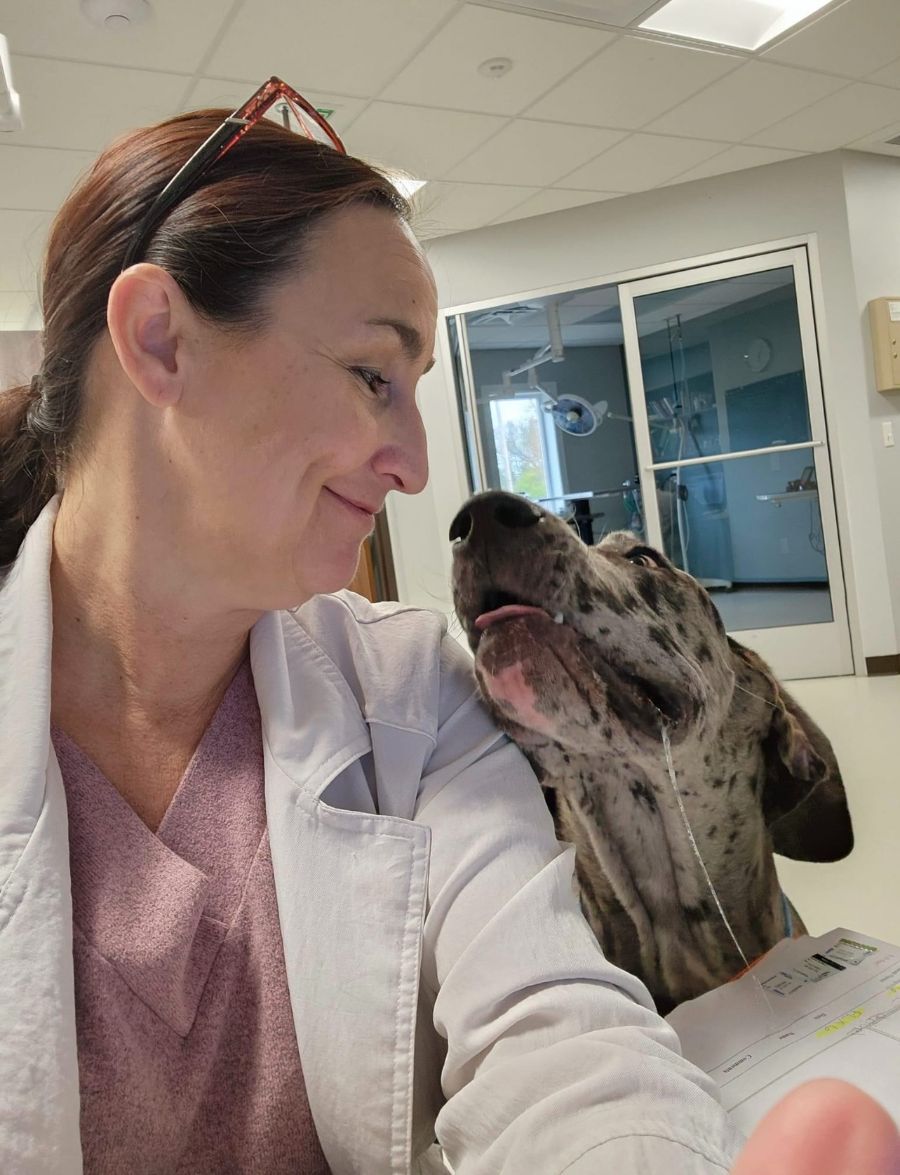About DeWitt Veterinary Hospitals
If you live in DeWitt or the surrounding area and need a trusted veterinarian to care for your pets – look no further. Your pets’ health and well-being are very important to us, and we take every possible measure to give your animals the care they deserve.
DeWitt Veterinary Hospitals, P.C. is a full-service animal clinic offering routine medical, surgical, and dental care. Beyond first rate pet care, we make our clinic comfortable, kid-friendly, and calm, so your pet can relax in the waiting room and look forward to meeting our veterinarians.
Complete Veterinary Care in DeWitt, MI
We offer a wide range of veterinary services to keep your companions feeling their best.

Pet Surgical Services
Our state-of-the-art surgical suite provides for the performance of a wide variety of surgical procedures.
Pet Radiology Services
Our on-site, X-ray equipment provides high-quality radiographs to aid in the quick diagnosis of many disorders.

Pet Dentistry
Our dental services include teeth cleaning and polishing, tooth extractions, and minor oral surgery.
Meet Our Veterinarians & Team
Our highly qualified and experienced veterinarians, vet technicians, and support staff are dedicated to providing your pets with the highest quality of veterinary care. They are committed to staying up-to-date on the latest advances in veterinary medicine and technology to offer their patients the most advanced and effective treatments. Our entire team is committed to your pet’s comfort, care, and well-being. We look forward to working with you and your beloved pets.

Thank You For Your Kind Words
Your kind words mean the world to us, and we’re so thankful that you’ve taken the time to provide us with feedback.













